Riben guizi (2001) Online
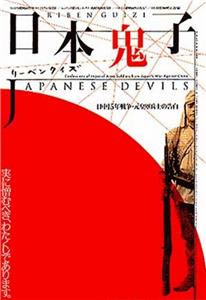
- Original Title :
- Riben guizi
- Genre :
- Movie / Documentary / War
- Year :
- 2001
- Directror :
- Minoru Matsui
- Cast :
- Yoshio Tsuchiya,Hakudo Nagatomi,Yoshio Shinozuka
- Writer :
- Minoru Matsui
- Type :
- Movie
- Time :
- 2h 40min
- Rating :
- 4.9/10
A documentary recording the testimony of fourteen former Japanese soldiers as they recount atrocities and war crimes committed during the Second World War, including the infamous Unit 731 medical experimentation group. Having been trained by their country to be nothing but killers, the soldiers claim to have become morally numb and unable to see non-Japanese as even human. Perhaps feeling some remorse for what they have done, they now choose to tell their stories for the world to hear.
| Cast overview: | |||
| Yoshio Tsuchiya | - | Himself / Former 2nd Lieutenant, MP / Witness #1 | |
| Hakudo Nagatomi | - | Himself / Former Sergeant, Army / Witness #2 | |
| Yoshio Shinozuka | - | Himself / Former Corporal, Army / Witness #3 | |
| Taisuke Funyu | - | Himself / Former Sergeant Major, Army / Witness #4 | |
| Tsuyoshi Ebato | - | Himself / Former Sergeant, Army / Witness #5 | |
| Masao Shikada | - | Himself / Former 2nd Lieutenant, Army / Witness #6 | |
| Yoshio Suzuki | - | Himself / Former Sergeant Major, Army / Witness #7 | |
| Yasuji Kaneko | - | Himself / Former Corporal, Army / Witness #8 | |
| Masayo Enomoto | - | Himself / Former Sergeant Major, Army / Witness #9 | |
| Ken Yuasa | - | Himself / Former 1st Lieutenant, Army Medical Corps / Witness #10 | |
| Ichirô Kôyama | - | Himself / Former Sergeant, Army / Witness #11 | |
| Shôzô Tominaga | - | Himself / Former 1st Lieutenant, Army / Witness #12 | |
| Tetsuji Kubota | - | Himself / Former Sergeant Major, Army / Witness #13 | |
| Takeshi Kobayashi | - | Himself / Former Private 1st Class, Army / Witness #14 |
The film screened at the 2001 edition of the Toronto International Film Festival (TIFF).

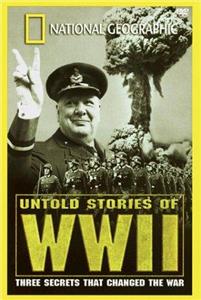

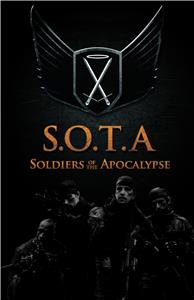
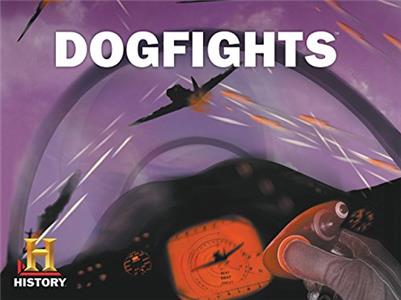
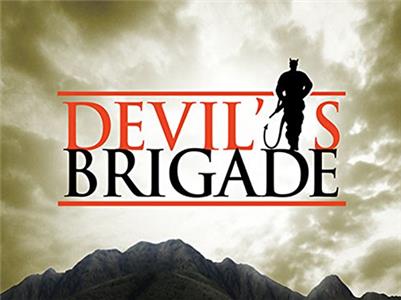
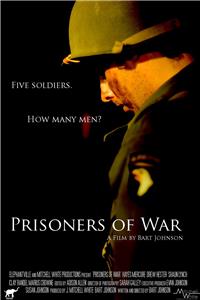
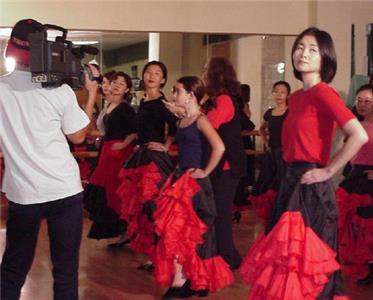
User reviews